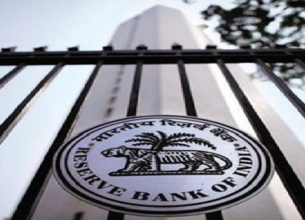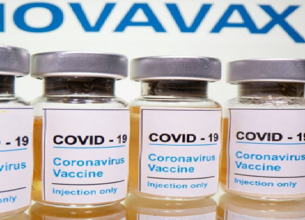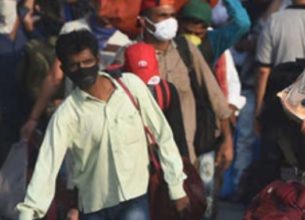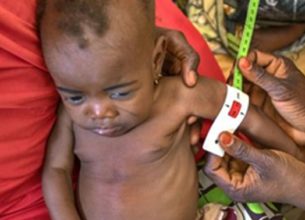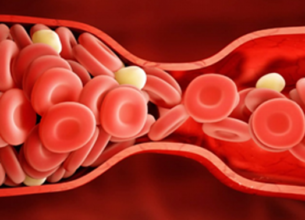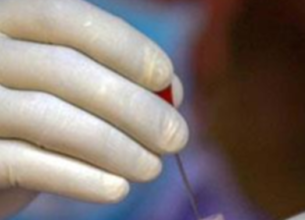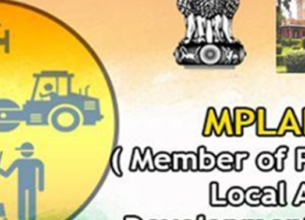WORLD HEALTH ORGANISATION – FUNDING
09, Apr 2020
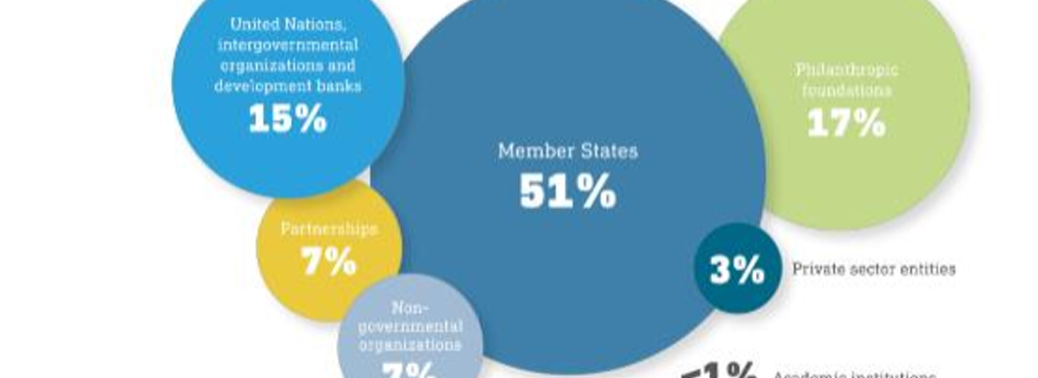
Prelims level : International organisations
Mains level : GS-II Bilateral, regional and global groupings and agreements involving India and/or affecting India’s interests.
Why in News?
- US President Donald Trump threatened to freeze US funding to the World Health Organization (WHO), saying the international group had failed on the coronavirus pandemic.

Highlights:
- Trump suggested that the WHO had gone along with Beijing’s efforts months ago to under-represent the severity of the outbreak.
- The WHO also serves as a forum for summits and discussions on health issues.
Funding:
- There are four kinds of contributions that make up funding for the WHO.
- Assessed contributions are the dues countries pay in order to be a member of the Organization.
- The amount each Member State must pay is calculated relative to the country’s wealth and population.
- Voluntary contributions come from Member States (in addition to their assessed contribution) or from other partners. They can range from flexible to highly earmarked.
- Core voluntary contributions allow less well-funded activities to benefit from a better flow of resources and ease implementation bottlenecks that arise when immediate financing is lacking.
- Pandemic Influenza Preparedness (PIP) Contributions were started in 2011 to improve and strengthen the sharing of influenza viruses with human pandemic potential, and to increase the access of developing countries to vaccines and other pandemic related supplies.
-
- The United States is currently the WHO’s biggest contributor, making up 14.67 percent of total funding by providing USD 553.1 million. The US is followed by the Bill & Melinda Gates Foundation forming 9.76 percent or USD 367.7 million.
- The third biggest contributor is the GAVI Vaccine Alliance at 8.39 percent, with the UK (7.79 percent) and Germany (5.68 percent) coming fourth and fifth respectively.
- The four next Biggest Donors are International Bodies:
- United Nations Office for the Coordination of Humanitarian Affairs (5.09 percent)
- World Bank (3.42 percent),
- Rotary International (3.3 percent),
- The European Commission (3.3 percent).
- India makes up 0.48 percent of total contributions and China 0.21 percent. The biggest program area where the money is allocated is polio eradication (26.51 percent), followed by increasing access to essential health and nutrition services (12.04 percent), and preventable diseases vaccines (8.89 percent).
WHO:
- The World Health Organization (WHO) is a specialized agency of the United Nations responsible for international public health.
- It is part of the U.N. Sustainable Development Group.
- It is headquartered in Geneva, Switzerland, with six semi-autonomous regional offices and 150 field offices worldwide.
- The WHO’s broad mandate includes advocating for universal healthcare, monitoring public health risks, coordinating responses to health emergencies, and promoting human health and wellbeing.
- It provides technical assistance to countries, sets international health standards and guidelines, and collects data on global health issues through the World Health Survey. Its flagship publication, the World Health Report, provides expert assessments of global health topics and health statistics on all nations.




